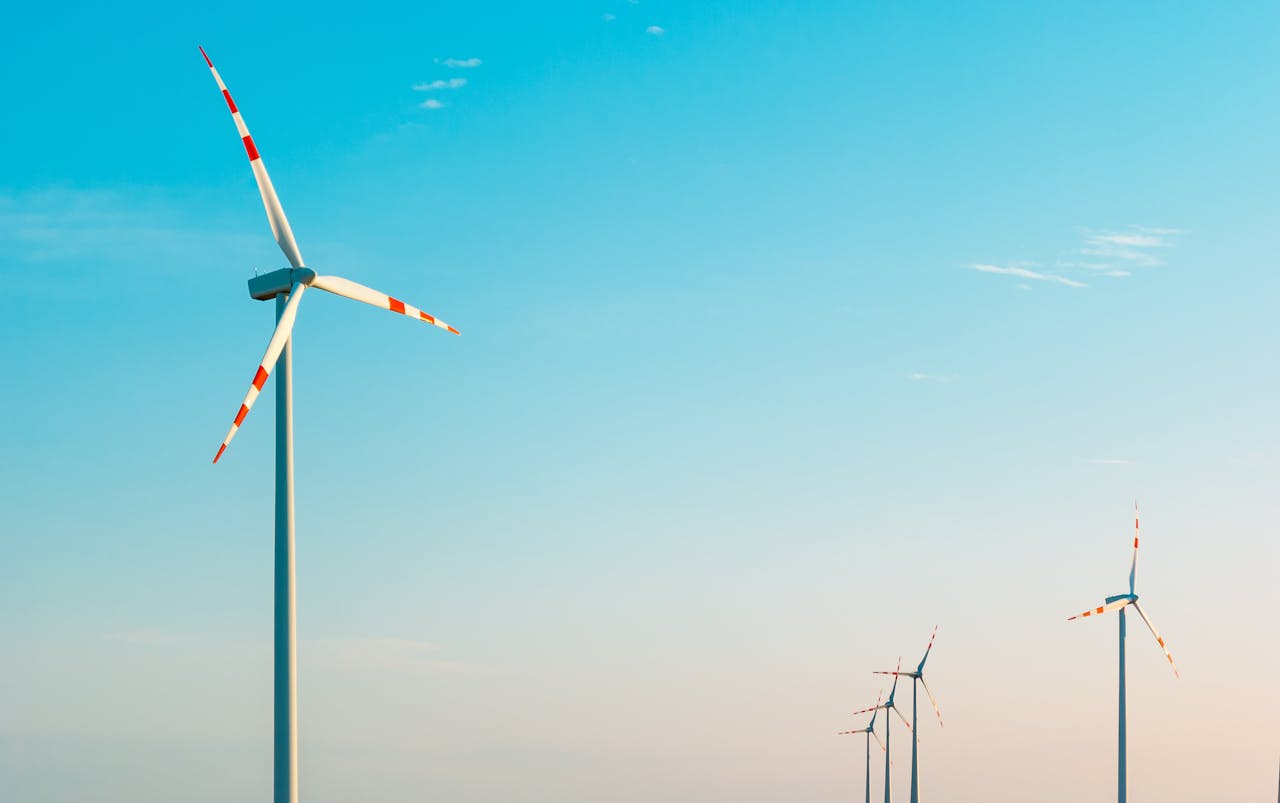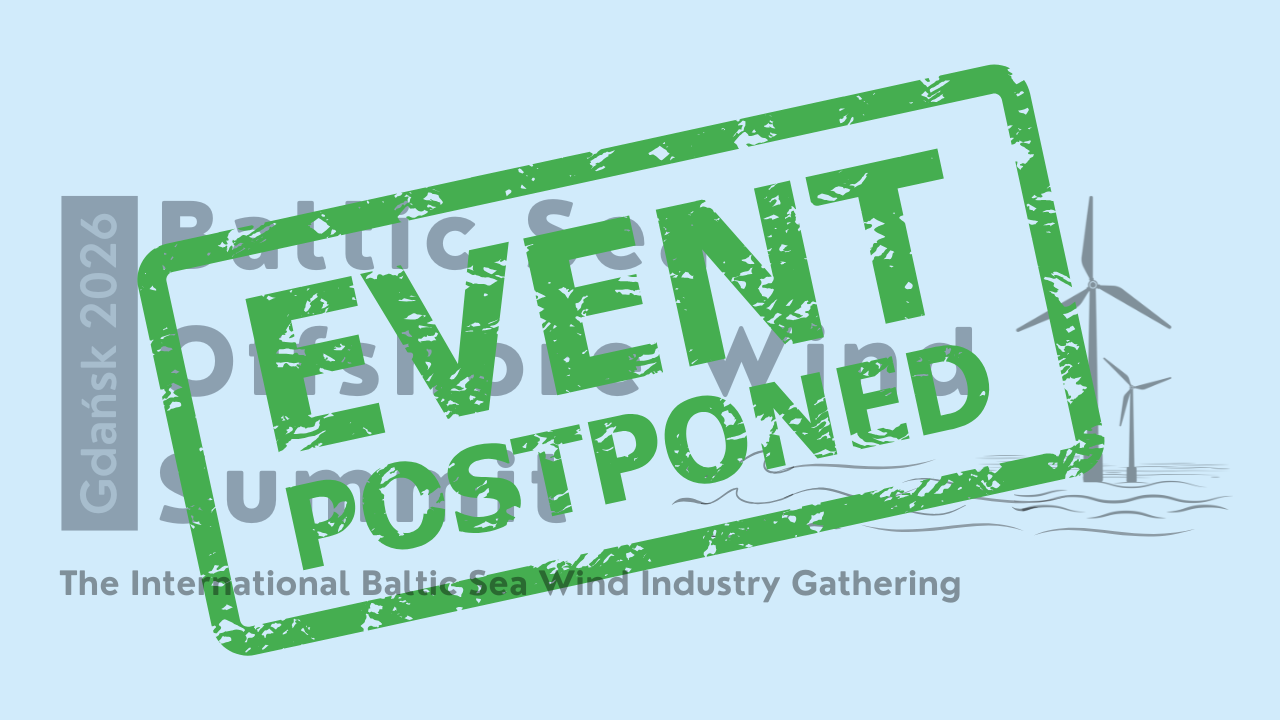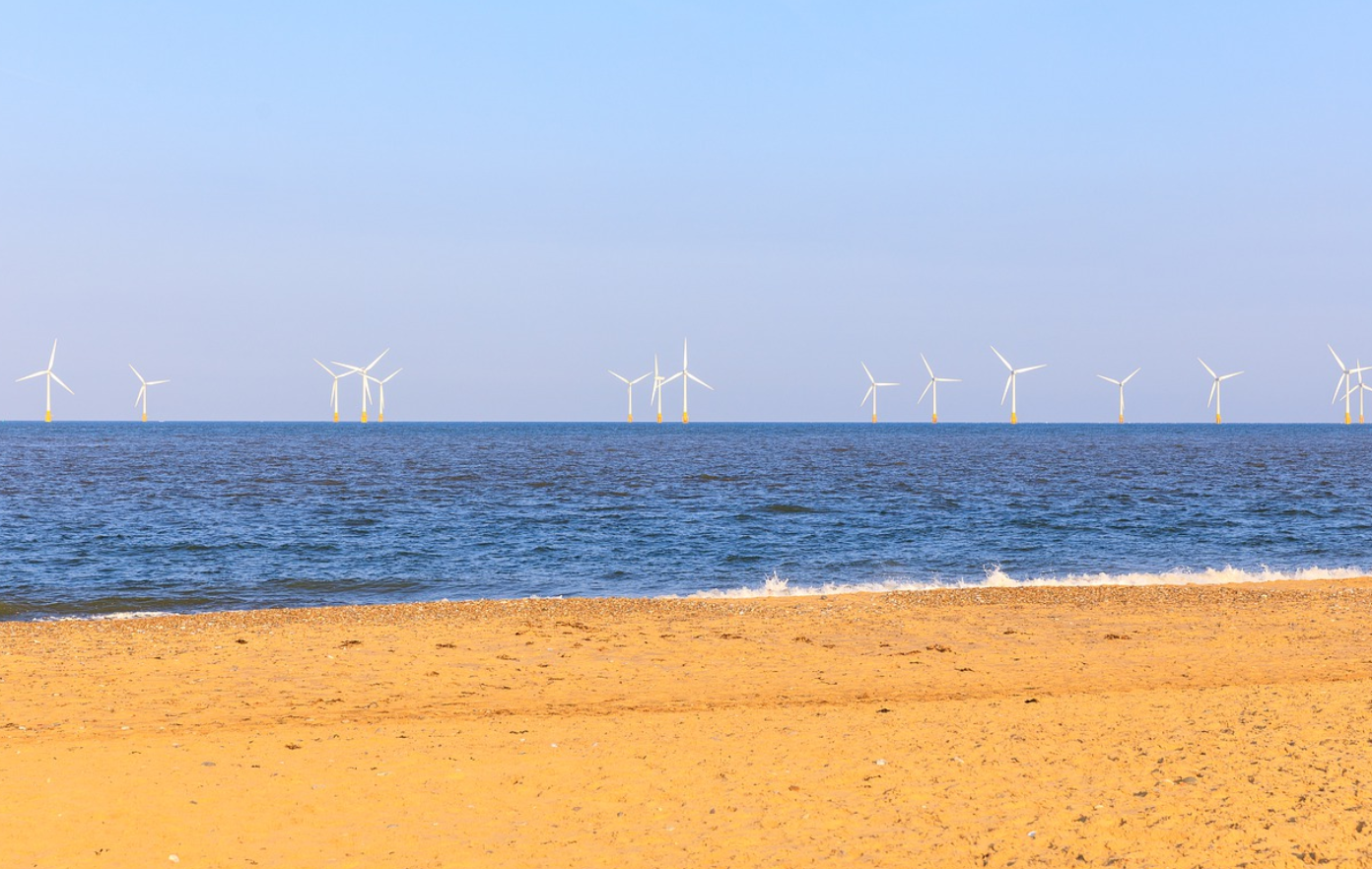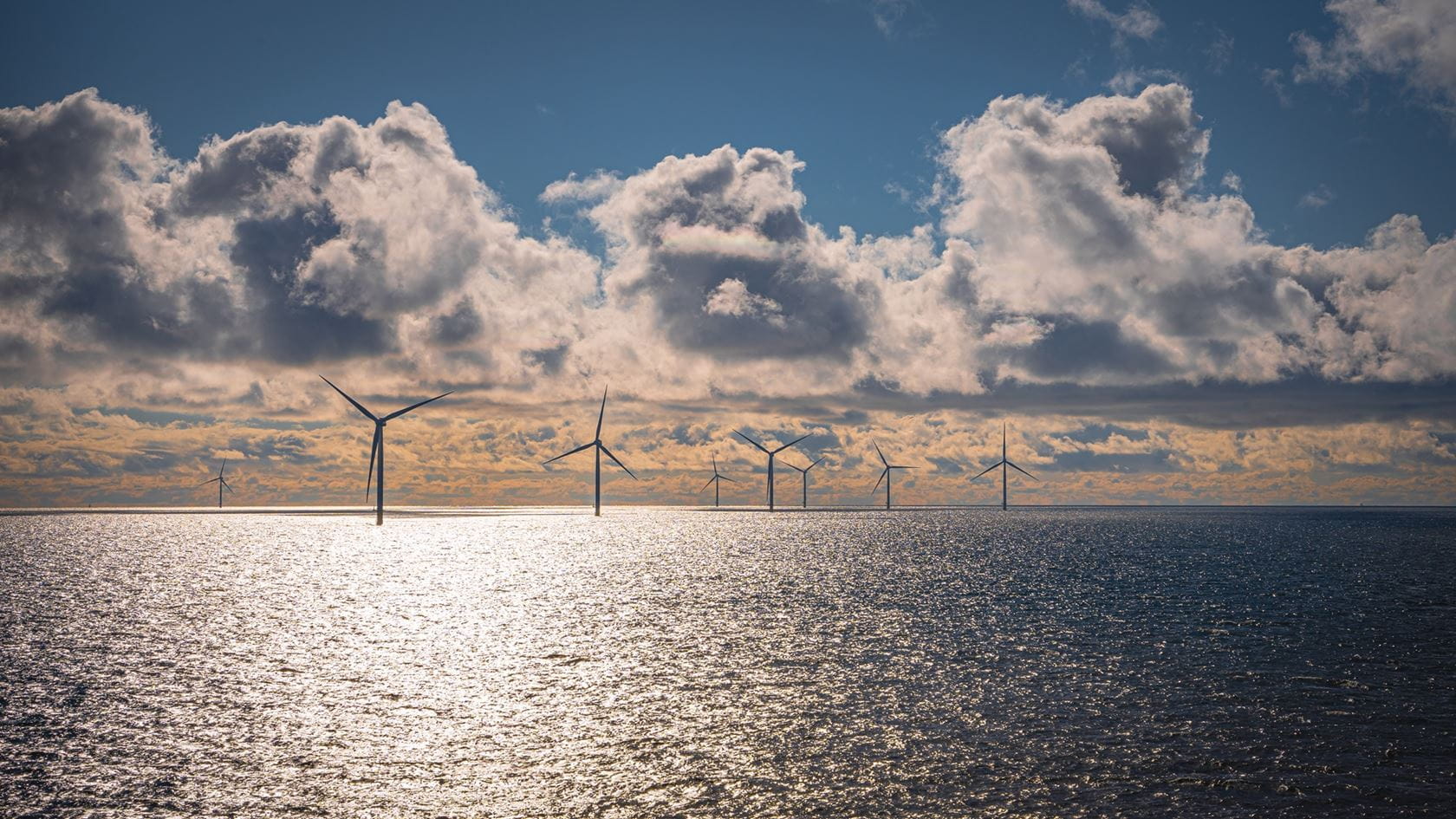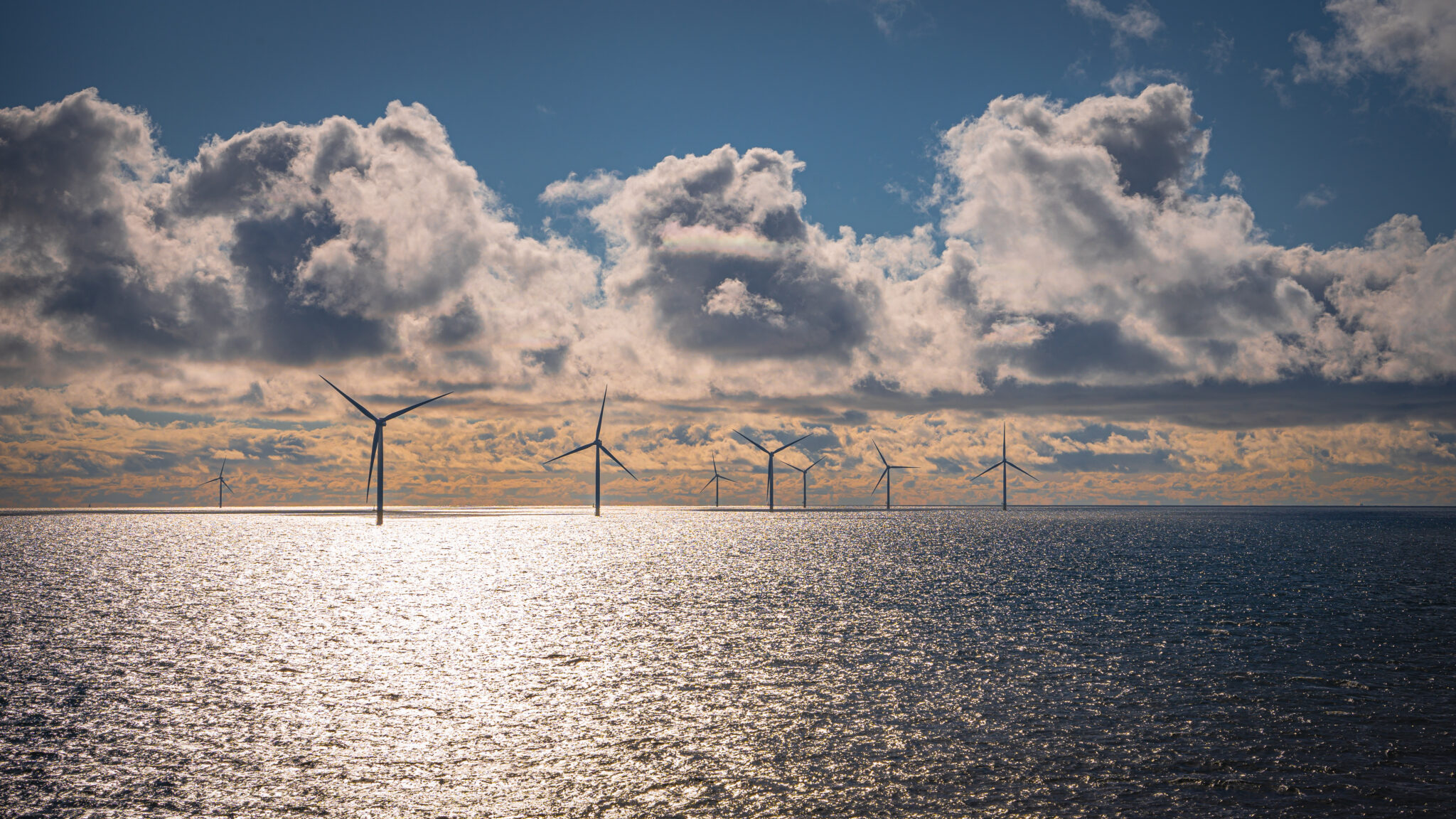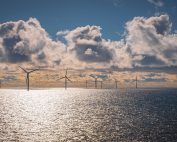In the recently released 2025 budget proposal, the Swedish government emphasizes the critical role wind energy will play in achieving electrification and climate transition goals. The Swedish Wind Energy Association (Svensk Vindenergi) has welcomed the government’s recognition of the importance of wind power, particularly in helping Sweden reach its target of net-zero emissions by 2045. However, the association is also calling for more concrete actions and reforms to accelerate the development of wind power, especially onshore and offshore.
A key takeaway from the budget proposal is that wind power could supply the majority of Sweden’s additional electricity production in the short term. This is essential to maintaining the momentum of electrification and ensuring that Sweden stays on track for its ambitious climate goals. The government’s commitment to streamlining the development of onshore wind farms is seen as a positive move, but the wind industry is keen to see similar progress for offshore wind projects, which are still awaiting government decisions.
One of the most significant reforms under consideration is the potential removal or restructuring of the so-called “municipal veto” (kommunala vindkraftsvetot). Currently, local governments have the authority to block wind farm projects, which has often slowed the expansion of wind energy in Sweden. The industry is pushing for changes that would make this veto process more predictable and legally sound. Thirteen lawyers have already called on the government to address the issue, highlighting the urgency for reform.
Additionally, the government has proposed incentives to share profits with local communities and municipalities near wind farms. This includes adopting recommendations from the “Incentives Inquiry” to provide income-sharing models for nearby residents and introduce incentives for municipalities hosting wind projects. Svensk Vindenergi sees this as a step in the right direction but insists that these reforms should ensure legal clarity and encourage more widespread acceptance of wind projects. The association also advocates for linking local tax benefits from wind power directly to the municipalities to improve transparency and long-term support.
In terms of funding, the 2025 budget allocates SEK 700 million to support energy infrastructure, which could accelerate the integration of new renewable energy sources like wind power into the grid. The wind energy industry believes this could help optimize the energy system and boost capacity at a relatively low cost. However, it is also cautious about potential costs from new regulations, such as local income-sharing schemes, which could disincentivize investment if not balanced carefully.
Svensk Vindenergi remains optimistic about the government’s direction but urges swift action to implement these reforms and avoid bottlenecks that could slow down the country’s climate transition. The association stresses the importance of balancing the need for community incentives with maintaining a favorable investment climate for wind power developers.
With its central role in Sweden’s energy future now more apparent than ever, wind power is poised to play a decisive part in the nation’s journey toward sustainability and electrification. However, for that potential to be fully realized, the 2025 budget must translate into meaningful and timely reforms that support wind energy expansion on both land and sea.
Source: Swedish Wind Energy Association
